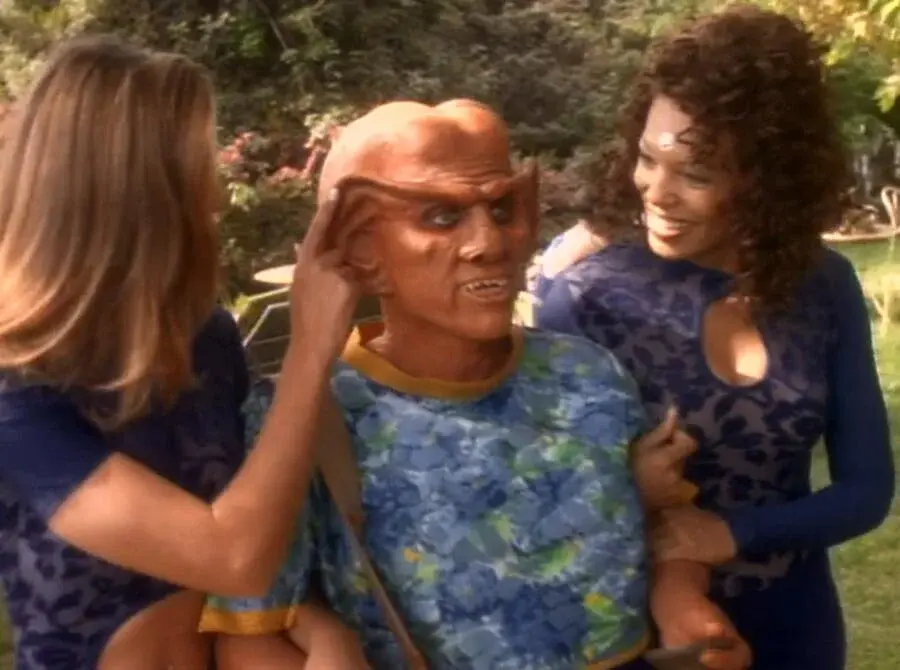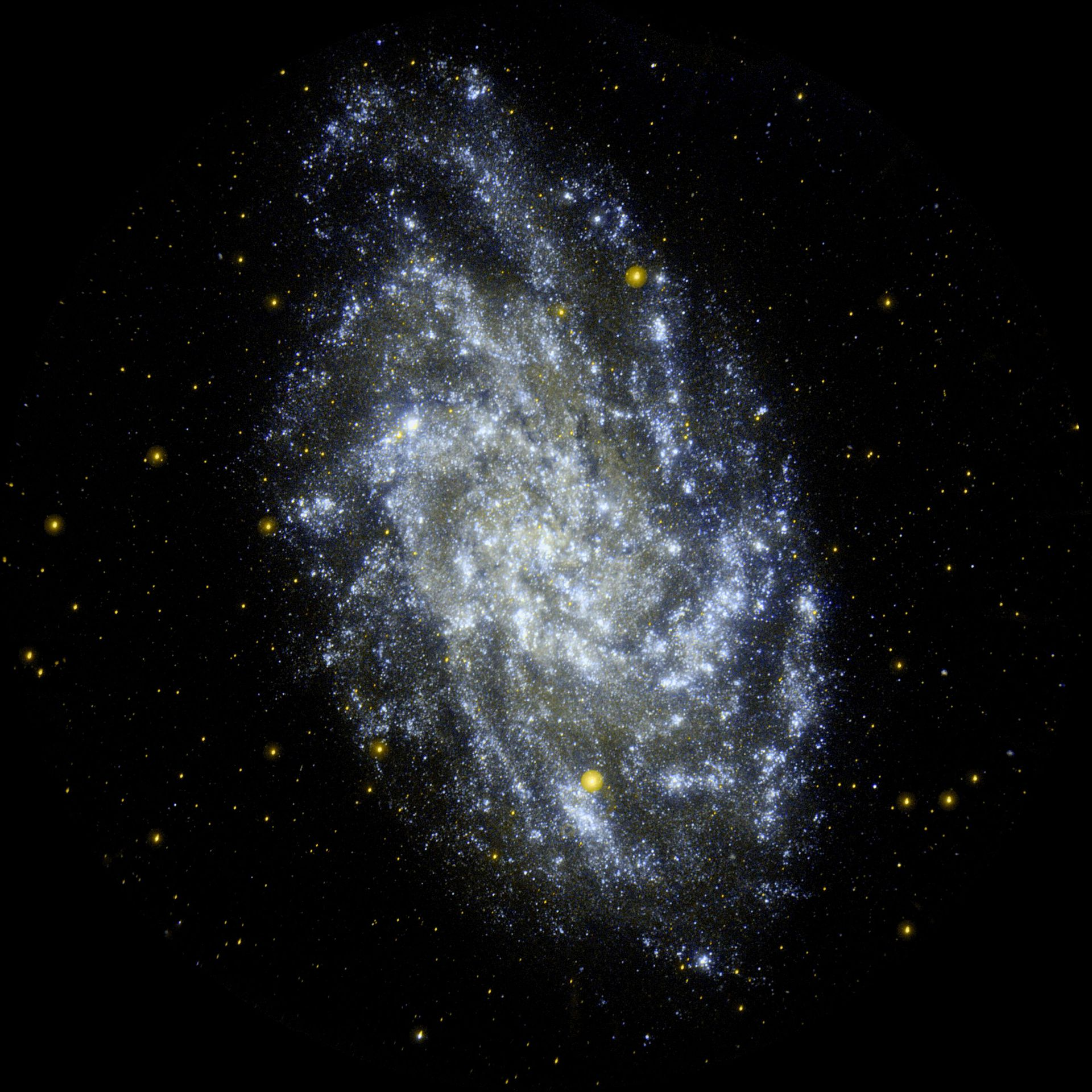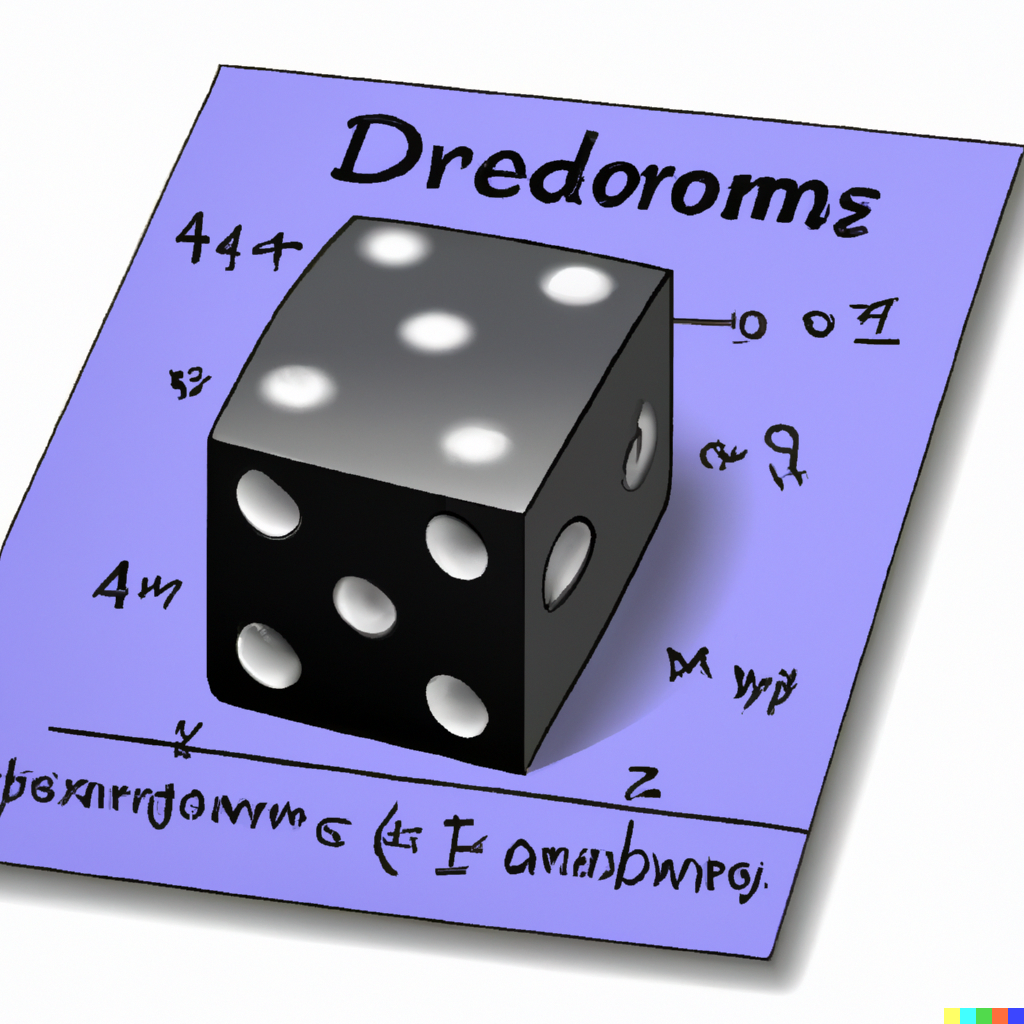“We invented democracy, existentialism, and the ménage à trois.”
“Oh man… Those are three pretty good things.”
Democracy? Explain please, i thought the concept was way older than France.
I think they might’ve been referring to the left-right political spectrum. I believe the terminology comes from the seating layout of their post-revolution government.
In the first days, it wasn’t left against right but rather bottom vs top. People went on top if they agreed more with the people that lived in the mountains in ancient Greece, and called themselft mountainers. They were more radical and aspired to direct democracy. People at the bottom wanted a more monarchical/centralised government. They ended up winning but we keep thinking about how great democracy could be if mountainers could emerge again
I’m just quoting Talladega Nights.
Surrendering
The French deserve some respect. If you want to know what a true strike or protest looks like, look to the French.
The important thing is to burn lots of people’s cars. Probably locals who are also protesting.
That’s how you really get the attention of the authorities.
In France, but also Belgium and the Netherlands, you have a very malcontent population of 2nd or 3rd generation offspring (mostly male) of migrants who feel left out by the system and take any opportunity to cause chaos. It are these kids who set cars alight, not the protestors.
Often when there is a truly large protest, they are there to “fight against the system” by getting into fights with the police and burning cars and just causing overall mayhem.
Deflecting blame by subtle ethnic discrimination. Nice.
Doing neither, as these things are well documented and demonstrably true, but believe whatever you want to believe.
Tout est politique- les voitures aussi
More and more these days French disrespect feels like boomer shit. Look what the French did when the government came for their pensions. The industrial action within the transport sector alone.
I was visiting Paris during some of the aforementioned protest. They’re out and about (in numbers) and will gladly get out to protest when they feel it necessary. Plenty of other western countries could learn, a lot, from the French people.
A lot of it now goes back to the Iraq war, when France refused to join the Coalition of the Willing and invade. Nearly constant derision of the French in the media for a decade will do that to people.
This already started with the Vietnam war, where France warned the US not to get involved. There’s a lesson here but I can’t quite put my finger on it.
It goes back to the 1790s
Look what the French did when the government came for their pensions.
For the record we did get it down from 65 to 64, but we still got +2 years.
I appreciate that the outcome may not have been what was strictly desired. The French populace still get off their arse and do more than complain on social media while effectively doing three fifths of fuck all. More than what can be said about some others, especially those who are inclined to make brain devoid white flag jokes.
I keep saying this and people look at me like I’m some kind of extremist
Like no dude I just want universal healthcare
universal healthcare
*me, looking at you like you’re some sort of communist
I remember when Obama promised us that. Good times.
The American right would like to categorize it like that but it’s not communism at all, it’s socialism. I wish they could mischaracterize the correct political philosophy.
Even today, they just don’t give a fuck about rules.
In Southern France there are speed cameras being set up everywhere, and they’ll catch you for being even a few km’s over. The locals (mostly rural) have responded by either torching them, encasing them in hay bales, painting over them, or chopping them down. The police keep putting them up, alongside cameras to watch the cameras, and the locals keep destroying them overnight.
Also true in the west, where I am, so I presume the same all over France.
Fortunately my area doesn’t allow this nonsense, but I’d totally be down for some infrastructure vandalism if they ever try.
Did you see the yellow jackets marching with their rolling barbecue fitted on the city’s tram line? Magnificent bastards.
The French also excel at rudeness and Math.
To save anyone else the wiki trip
“Some authors consider the recipe for Aliter Dulcia (translated as ‘Another sweet dish’) included in the Apicius, a 1st-century CE Ancient Roman cuisine cookbook, “not very different” from modern French toast, although it does not involve eggs.[10][11]
In Le Viandier, culinary cookbook written around 1300, the French chef Guillaume Taillevent presented a recipe for tostées dorées[12] involving eggs and sugar.[13]”
When a dish with 3 ingredients is missing one ingredient, it’s not the same dish.
Is sugar an ingredient though and not a condiment, more like salt & pepper?
That’s why it’s 3.
Bread, cream and eggs.Ah okay, totally fair.
Let’s go on strike
French fries as in they came from the French part of Belgium, maybe?
Belgium is kinda France tbh
Kunde gij da nog ‘s herhalen?
La Belgique c’est un peu la France /s
Pas op e
It’s also kind of Dutch.
It’s almost like national borders are fake and peoples just blend into each other
Wait what… But. the… Wall
Yeah, as an American, I really wish we had more open borders.
The first step is admitting it
At least half of it could be
Nobody in France calls French fries or French toast “French”. We’re definitely happy to attribute the fries to our Belgian friends and nobody thinks something as ubiquitous as toasts could have a single inventor. I think those are Anglo-Saxon cultural elements.
FIY: French toast is the english name for pain perdu.
Also probably not “invented” by the French, but no one thinks they invented simple toast.
No idea what a French press is. Probably a cafetière ?
Seems to be one and the same
Who the hell calls it a French press, I’ve never heard anyone call it that.
The US calls everything “French” because they think it’ll sell better.
Until we collectively decided to be jerks about it in the early 2000s and called them “freedom fries” and “freedom toast.” I think it’s so weird that we’re closer to the British than the French when France totally helped us out in the early days.
I never knew there was a different name for it. The cafetière is a new one on me, and I did French in high school. Guess we weren’t talking about coffee much, though apparently french fries came up enough for me to remember pommes frites (they probably don’t fry apples much over there).
Pommes de terre frites or patates frites
Or just ‘frites’
Most commonly, yes, just frites. Was just saying that pommes frites wasn’t exactly right
Some fruits can be fried in the form of “beignets”, which is fruit covered with batter and then fried. Apples are traditionally the most popular beignet recipe I think: “beignets aux pommes”.
The typical beignets aux pommes are made with apple compote (apples slowly cooked in a pan with a bit of water until they become liquid).
I have never eaten beignets like that, where I’m from it’s always a recognizable apple before it gets battered and fried (in thick slices if it’s large or whole if small).
If I search for beignets aux pommes, the 1st, 2nd and 4th result is without compotes, just apple slices like I know them. The 3rd looks to be the compote version. Adding compote to the query finds recipes for “beignets a la compote de pommes”, so I suspect that it’s a regional thing that those are called apple beignets.
Always seen the compote ones around Paris, what’s your region?

Also here we call it “cafetière à piston” not french press.
No we are not attributing fries to the Belgian, fries are french. The Belgian improved on our invention and make the best fries, but Frenchs invented it.
Content warning, a lot of french: https://www.musee-gourmandise.be/fr/musee-gourmandise/articles-de-fond?view=article&id=132:la-veritable-histoire-de-la-frite&catid=77:articles-fond
As a Belgian, this is my position as well. Fries is part of the Belgian culinary culture, but it’s chauvinism to claim they were invented in Belgium.
Like the espresso, invented by the French (express or exprés? nobody knows which one it was, but making 1 little cup at a time was new and fast), then the Italians improved it, especially with gruppo 61, group head 61. Now they have the best coffee 😔
The article states hypothesis and guesses, it doesn’t seem to provide a definitive answer.
Its conclusion, machine translated:
In the first two chapters, we talked about the unlikely birth of the deep-fried potato, the result of a marriage between the potato, a popular vegetable par excellence, and cooking in a fat bath, reserved for high society. Where could this marriage have taken place? In a well-to-do kitchen with a fine frying pan? Impossible, as we saw earlier. Potatoes have no place there. In the home of the poor potato-eating bastard? Impossible too. They don’t have enough fat.
Isn’t the answer to this question to be found in the streets of Paris, where in the 18th century, itinerant merchants carried their frying pans filled with dubious grease, into which they plunged meats and vegetables smeared with doughnut batter? Or is it to be found in a rotisserie with more extensive equipment? It’s a tempting hypothesis. As we know, the fried potato has spread through commerce. Wasn’t it born there? Is it not a purely commercial product? The inventor of the French fried potato will probably always remain anonymous, but we can guess his trade: a merchant. We can also guess his origin: Parisian.
Pierre Leclercq
March 2009 - December 2010
Anglo-Saxon cultural elements
You did your best to stamp those out back in 1066
It’s still how we call this group from France.
Do you use it differently to “English”?
Maybe it is interchangeable sometimes, but English people would rather point at the UK, while Anglo-Saxons often abusively refers to UK plus majorly white former British colonies, USA, Canada, Australia and New-Zealand.
Interesting. I’d probably call that “the anglosphere”, Anglo-Saxon is specifically the pre-Norman-conquest residents of what is now England.
Wouldn’t the Anglosphere include every English speaking countries like South Africa, India and others?
Maybe. There’s also “The Commonwealth” which includes them but which the USA explicitly opted out from (by gaining independence from the British Empire before it was cool).
Britain yet again something they just tacked onto near the end being Italian,German and Scandinavian before hand.
Well, technically the French did not found Britain - they were Normans.
Who were the Normans? They were Scandinavian vikings who had been raiding France for decades. Eventually the French king decided to offer them lands (now called Normandy) in France if they promised to stop raiding and instead protect the French coast.
Meh, this is largely a debate over semantics since the mere notion of a “French people” wouldn’t have made sense at the time. “Frenchness” isn’t an ethnicity, it’s a mix of many different peoples that mixed and intertwined over the years (celts, romans, germanic tribes, immigrants from all over Europe…) and that eventually were all brought together as subjects of the french kingdom.
Normans weren’t “french” in the modern sense of the word, but then again very few people in what would later become modern France would have at that time : they all would have considered themselves “Provençal”, or “Breton”, or “Lorrain” who just happened to live in a Duchy that swore fealty to the king of France.
All things considered, William the Conqueror was a lord of the french kingdom, swore fealty to the king of France and spoke French, so he was no less (but no more, granted) French than any other of his peers. Whether you want to call him french is up to you but is largely an anachronism
Normans were in France since at least 3 generation before the britain invasion. So they were clearly french culturally and they were fully merged with the locals genettically. Also the invading army had troops from nearby french region like Brittany or Anjou.
Just have to triple check whether French revolution occured in French.
Questionable: the 2023 movie Napoleon is entirely British and American actors. It is historically accurate. 🤔
Which gives rise to the true founding father of Germany. Napoleon.
Without his restructuring of the HRE for management it would be even harder to unify later.
Yeah, it never occurred to anyone ever to stick their tongues in each others mouths until it was documented in ancient India.
Anon didn’t say that it started in ancient India, just that the fact that it happened in ancient India proves that it didn’t start in France
We generally attribute discoveries to whoever documented it first. It’s almost laughable to attribute it to the French based on a kissing style that was widespread there in 1923. Surely people were doing this before then.
It’s not an unreasonable assumption that people were doing this before ancient India but then the question should be why didn’t the ancient Babylonians, Egyptians, Chinese, Roman’s and Greek document on it then?
Arabic numerals came to Europe from India via Arabia. The Sine function does too, but it’s name is garbled and doesn’t mean anything.
Venetian blinds came from Persia via Venice.
Spanish Flu was everywhere, but everyone at the time was lying about it due to being at war, except for Spain.
Many First Nations peoples are known by what other peoples called them (often pejorative names) rather than their name for themselves.
Words usually aren’t authoritative declarations of truth, but rather snapshots of what was a useful distinction to someone somewhere a some time. Did the French think their style of kissing was a unique cultural phenomenon? Will Skibidi be known about in 500 years? No one documents graffiti, was it “discovered” by Pompeii?
We live in a truely unique age, where nearly any question can have a relavent answer of some kind in moments. We can see people streaming everyday things from around the globe, or find the best research about what we know about ancient people’s daily lives. Is any of this worth carving into a monument though? How many copies of an archeological journal are going to survive the ages vs copies of Game of Thrones? I’d say there are countless things about our lives we think are special to today that even prehistoric people did, it just isn’t notable enought to build monuments to or copy manuscripts of.
We barely document how we wipe our asses or shower because it’s such a mundane, day to day thing.
Writing was limited, so I hypothesize that people would focus on important things like tax collections, kingly births or even that cunt Ea-Nasir. Less so on kissing or things they would find mundane.
That’s the thing. France and Belgium call french fries “frites” and “frieten”, which just translates to “fries”. It’s other cultures that gave them (wrong) names because of how they got to know them.
“France” comes from the “franks” who were considered Germans originally
It’s funny how France created all its neighbours! Britain, Russia, Italy, Spain! And proceeded to go into mortal wars with most of them!
- French fries might be from Paris where it was sold on the Pont Neuf in 1780.. They are called frite so no claim of national dish.
- French press was first patented in 1852 in France. Again it just called cafetière à piston so piston coffee machine.
- Idk from where it is from but again we just call it pain perdu which translate to lost bread because it is a good recipe for old bread you forgot in the kitchen.
- Last one is the normal kiss here and fun fact a kiss with the mouth close is called a smack
So yeah why does the american/english don’t do more research about origins and call everything french ?
It’s because deep frying was not very common in the U.S. Immersion in hot fat was considered a French style of cooking, so they’re French style fried potatoes. I think “fries” instead of “frieds” is dialect that caught on nationally in the U.S. in the 70s.






















